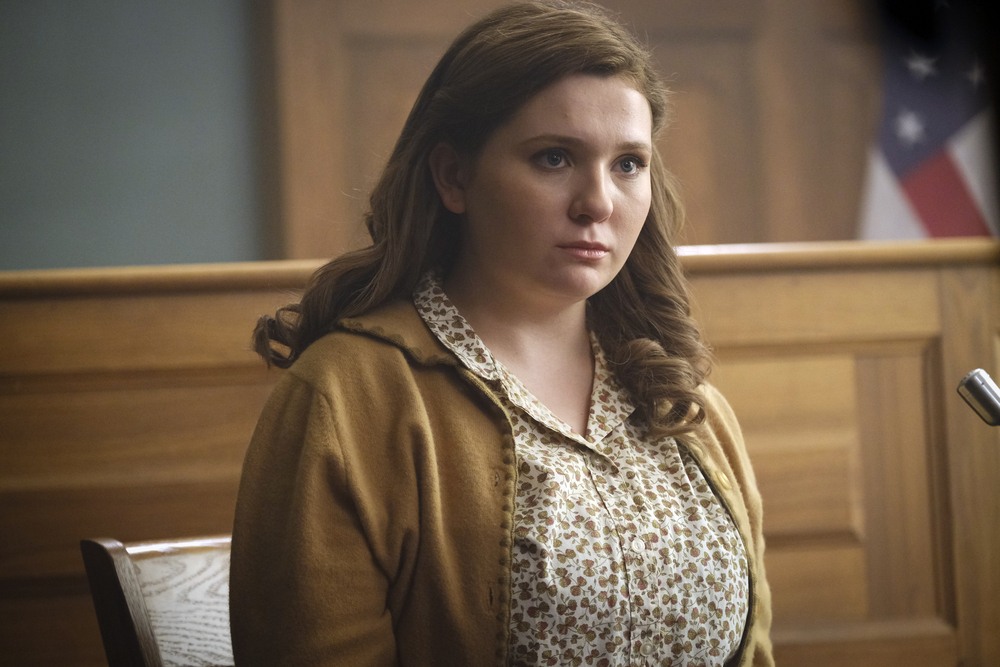Miranda’s Victim

Abigail Breslin stars in MIRANDA'S VICTIM. (Photo: Vertical)
Few would argue the benefits of the Miranda rights in protecting the due process of criminal suspects, but Miranda’s Victim is more focused on the ethically dubious origins.
Specifically, this ambitious true-life period drama chronicles the 1963 case that became a complex legal nightmare for both the accused and his victim. However, while it offers a heartfelt salute to a resilient woman who deserved better and provides a valuable history lesson in criminal justice, the straightforward approach in terms of style and structure tends to come off dry and didactic.
In other words, despite some potentially provocative subject matter, this dutiful recap is so concerned with being reverent and sympathetic that it struggles to distinguish itself or drum up much outrage.
After the rape of Arizona teenager Trish (Abigail Breslin), the authorities arrest a suspect, Ernesto Miranda (Sebastian Quinn), and coerce a confession. He’s convicted in the subsequent trial and jailed against protests of police process violations by Miranda’s lawyer (Andy Garcia).
However, a brash new ACLU defense attorney (Ryan Phillippe) involves himself in the case, looking more for publicity than justice. Eventually, he argues all the way to the Supreme Court on Miranda’s behalf, infuriating Trish’s attorney (Luke Wilson) and resulting in a highly publicized verdict.
The drawn-out process triggers a downward spiral for Trish and her family, including her conservative mother (Mirielle Enos) who fears negative publicity. Of course, in addition to the physical and psychological trauma, Trish is also victimized by a prevailing attitude at the tie that places undue burdens of proof on women both in the courtroom and in the public eye.
As directed by Michelle Danner (The Runner), the period re-creation is adequate. The screenplay provides moderate insight into gender inequities of the period, although the dialogue is clunky as it steers away from its character-driven strengths.
There are some compelling litigatory fireworks in the final act as the film takes a more even-handed perspective. It doesn’t argue against the validity of the Miranda rights but thoughtfully questions whether the ends justify the means.
Viewing her story through a progressive contemporary lens in the #MeToo era, Miranda’s Victim gives the title character a worthwhile spotlight after all these years, even if it’s not as persuasive as she deserves.
Not rated, 126 minutes.